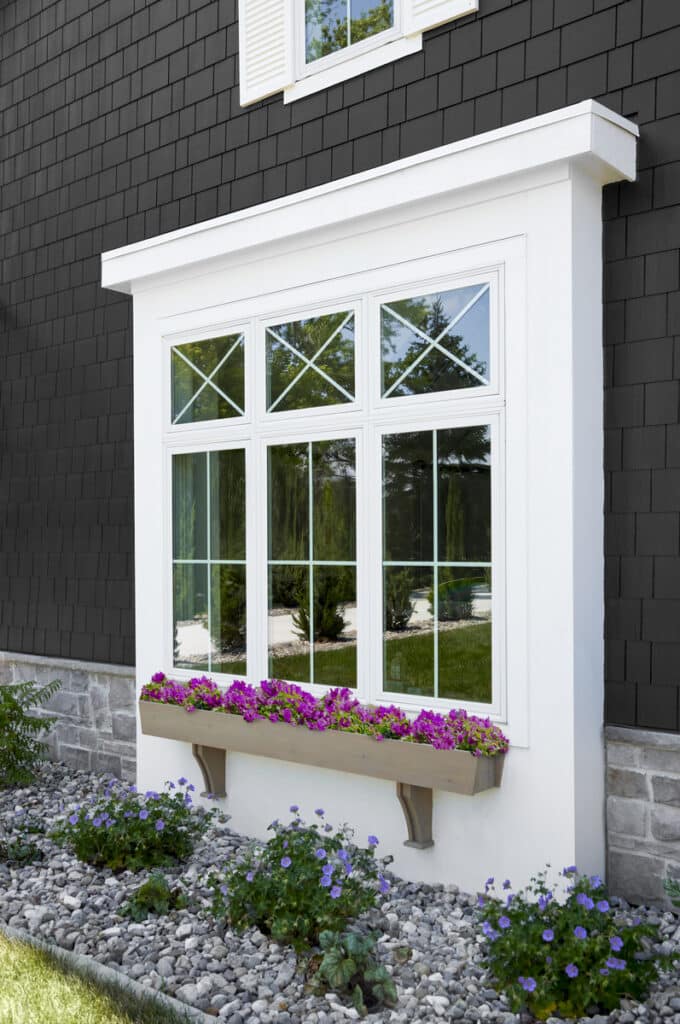Do you have allergies? If the outdoor air causes you to sneeze or wheeze, take a look at what you need to know about your home’s windows.
Should You Open or Close the Windows?
Open windows let the air in to circulate. While this can reduce the concentration of pollutants indoors, it also allows allergens into your home. This can make your outdoor allergies an indoor annoyance. If you want to let the fresh air in, consider:
- The outdoor allergy season. What are you allergic to? If your primary triggers aren’t present right now, open the windows to circulate fresh air through your home. But if your triggers are in the air, keep the windows closed tightly.
- The window placement. Is your bedroom window close to a tree you’re allergic to? If you open a window that’s close to a tree, shrub, flower patch, or other outdoor irritant, you’ll give the allergen a direct path in.
- The breeze. A cool fall breeze can increase the indoor environment’s comfort level — especially on an unseasonably warm night. Even though open windows eliminate the need for air conditioning, they’ll also blow allergens into and around your room.
Now that you know why you should close your home’s windows, take the next step and learn more about the best types of glass and frame to reduce the flow of outdoor allergens indoors.
Should You Replace Your Windows?
Open windows aren’t the only way for allergens to get into your home. Air leaks through old, damaged, worn, or drafty windows can also allow outdoor irritants such as pollen or pollution in. If you don’t open the windows, but outdoor contaminants freely flow into your home, consider:
- The age of your home’s windows. According to the International Association of Certified Home Inspectors (InterNACHI), aluminum windows have a 15- to 20-year lifespan, vinyl or fiberglass can last for 20 to 40 years, and wood frames can last for 30 or more years.
- The gaps around the glass. Why do your windows leak air? Check the seams for a gentle breeze. If you’re not sure whether the glass-to-frame area has a leak or not, contact a window professional for an inspection.
- The possibility of damage. Are your windows cracked, chipped, or missing panes of glass? These types of damage allow air in and require replacement.
Along with these issues, older single-pane windows may allow air to leak into your home. Replace these leaky, energy-inefficient windows with a multi-pane version. Multi-pane windows use multiple pieces of glass and a clear gas as insulation.
What Type of Replacement Windows Should You Choose?
There isn’t one universal window allergy sufferers should choose. Before you select replacements to reduce indoor air contamination and improve your allergies:
- Talk to a professional. A glass or window professional has the knowledge and experience necessary to help you choose the best replacements for your needs. The contractor can provide you with options such as different styles and price ranges.
- Set style needs or goals. Even though your home’s new windows will serve a purpose, they also add to the exterior aesthetics. As you select windows to seal allergens out of your home, consider how the style matches the existing décor.
- Choose the right material. Most modern windows are sturdy and will keep allergens out. A higher-quality frame will do more to stop air leaks and resist wear and tear than a cheaper version.
The type of replacement window you choose isn’t the only factor in allergen reduction. Beyond the window itself, the installation plays a key role in how well your home defends against pollutants.
Do you need to replace your home’s windows? Contact Pella Windows & Doors of Wisconsin for more information.


















